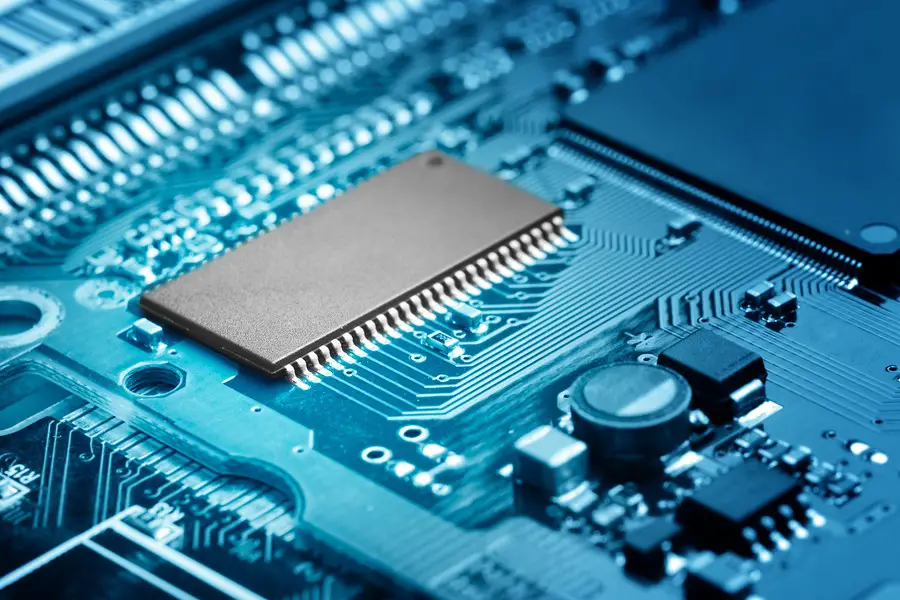
The entire IT industry is now relying on embedded systems to perform varied operations. These systems are thus rapidly gaining popularity. In this multi-tasking era, such single-tasking technology is so widely being adopted only because of its unique advantages, including:
1. Managing factory and business activities
Embedded systems assist in managing your business activities. You may take many business decisions based on the real-time data provided. You only need to enter the significant data and the system will simplify your business management activities. You may easily analyze your real-time data in a single document and obtain sophisticated analytics. The system also updates and calculates every time new data is entered into any field.
2. Streaming data live
Using the system, you may attract your customers by displaying web pages that offer live streaming of data. You may create web pages within the browser from anywhere. Moreover, the pages may also be viewed from any location across a wide range of browsers. Besides, the system is also a cheap technique to expand your market reach.
You may have access to your data from varied systems using different protocols at a single time. The system will also help you to collect data from different web sources and produce it in a single sheet. It eliminates the need for you to report the data physically; instead, you may simply receive it from devices, stream it to your office and analyze with the help of business management systems.
3. Offering hardware benefits
Embedded systems are known to perform a simple task repeatedly. Thus, there are hardly any hardware alterations like additional memory or storage space required. Physical attendance and user servicing needed for the system is also minimal. Besides, getting the system integrated on the device is simple. An example of a daily-use device that uses this system is the set-top box.
4. Focusing on a single task
Embedded system designs are created to perform only a single task. For example, a cable box performs the task of receiving the input signal from the cable, tuning it to a particular channel and giving out the signal in a format that is understandable by the television set. The system thus may fully focus on its task. By being dedicated, the system may easily avoid interruptions and constantly perform its task. For instance, a set-top box has to continuously give out the picture and check that there are no onscreen disturbances.
5. Working Well on even old operating systems
An embedded system is assigned a simple role. The task remains constant for a long period of time. Hence, the operating system required for the system need not be latest. The system often operates on an old and basic operating system. For example, devices like ATMs and airplane seat-back entertainment displays were operated on a special version of Windows XP for many years, without any problem.
6. Operating at low costs
An embedded system design requires minimum hardware. It does not require a multi-core processor as it performs only a single task. Many systems easily run on slow processors. All of these reduced hardware demands decrease the cost of the system.
All of the above benefits offered by the system is letting it rapidly gain popularity in the IT industry.
To know more about the applications of Embedded Systems in IT Industry please click here.

I see how important Embedded systems are how people are neglecting it. My cousin has a startup with a good idea and he needs one who’s good at embedded systems. Despite he trying hard to find the talent, he got none. Very frustrated he is. He got funded and there also is a team except for the one who’s into embedded systems. How silly..!
Embedded systems definitely provide an eloquent and efficient solution for many repetitive and focused tasks. It will be interesting to see how widespread it becomes in the IT industry.
Hi Peter,
Embedded systems are best known for Low rates and better performance. The points you have shared are good.